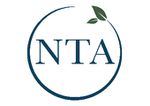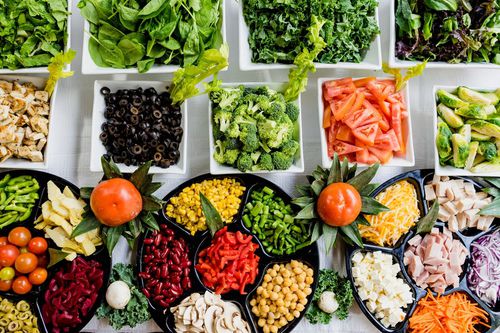What is nutrition?
Nutrition is the interrelationship between health, diet and disease. It looks at how an individual's food intake affects their dietary needs. Good nutrition is vital to ensure the right balance of nutrients in the body. This helps improve an individual's health and well-being by improving mental development, strengthening the immune system, and improving productivity. Nutritionists create dietary plans that reduce the risk of health conditions like:
- Obesity
- Malnutrition
- Diabetes
- Heart disease
- Food allergies and intolerances
- High blood pressure
- Other chronic diseases
After completing your studies in nutrition will be eligible to apply for membership with these professional associations in Canberra:
- Nutrition Society of Australia (NSA)
- Nutrition Australia (NA)
- Dietitians Australia (DA)
- Australian Traditional Medicine Society (ATMS)
- Australian Health Promotion Association (AHPA)
- Australian Society for Parenteral and Enteral Nutrition (AuSPEN)
Should you study nutrition?
Do you want a career where you get to improve the livelihoods and lifestyles of others? If you answered yes, completing a degree in nutrition is the perfect next step for you to take. There are many different characteristics that will assist you as you enter the workforce in the nutrition industry:
- Strong listening skills to understand the client's nutritional needs.
- Good organisational and time management skills especially since you will be required to manage many clients throughout the day while still maintaining the highest level of service to each one of them.
- Strong analytical skills when analysing data regarding the health and nutritional status of clients.
- Clear and concise written and verbal communication skills when explaining nutrition assessment reports to clients.
Continue reading if you want to learn more about your course and career options in order to become a nutritionist in Canberra.
What are the course and study options for nutritionists in Canberra?
If you want to learn about the basic concepts of nutrition and the work that nutritionists do, it is highly recommended that you complete a Certificate or Diploma in Nutrition. If you decide that this is the career trajectory for you, you will need to complete a Bachelor of Health Science majoring in Nutrition in order to become a qualified clinical nutritionist in Canberra. Nutrition schools offer a variety of delivery options depending on your preferred learning style and schedule. This includes the offerings of face-to-face, online or blended learning streams.
These courses will be taught by academics who have years of experience in teaching and working in the nutrition field. In this undergraduate course, you will learn about chemistry, food science, biochemistry and the sociology of food. Additionally, you will most likely have to complete a practical work experience module where you will be required to gain experience providing nutritional advice to clients.
Natural Therapy Pages has made it easier for you to find the perfect school for you. On this page, you will find a variety of different nutrition course provider options in Canberra. If you want any further information about their accreditations, payment plans or syllabus, you can get in contact with them directly.
What happens after you complete your nutrition course in Canberra?
Upon completion of your undergraduate degree, you will have to register with the NSA Voluntary Register of Nutritionists to become a formally recognised nutritionist in Canberra. This will give you the opportunity to work as a nutritionist, nutritional consultant, nutrition research, food technologist or dietitian.
Additionally, you can be self-employed and start your own private practice specialising in nutrition. With this option, Natural Therapy Pages can assist you as you try to grow your business by finding new clients by letting you list your face-to-face nutrition services or online consultations.
Additionally, you will be able to enrol in a postgraduate course such as a Master's degree in Nutrition or Dietetics and then later on a Doctorate in Nutrition where you will be able to address a greater range of conditions in addition to being able to become an academic in nutrition at a reputable university or institution.











